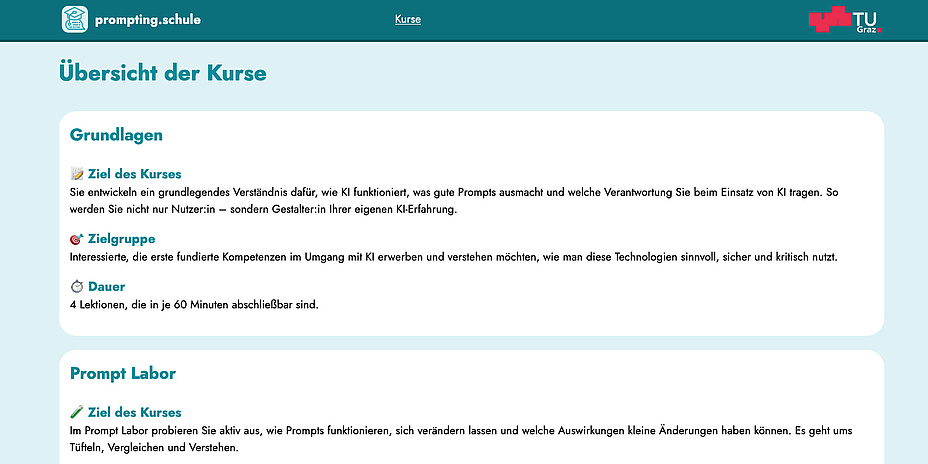This is an impactful contributions, methodological rigor, and exceptional novelty in the research field of AI in education.
Our publication about our OER-MOOC titled „A multilingual OER MOOC: A case study on production and usage in a university cooperation“ is now published.
Abstract:
This paper investigates the processes, outcomes, and impact of the Unite! OER Courses Project, a cross-university initiative aimed at promoting Open Educational Resources (OER) across nine European higher education institutions. Aligned with UNESCO’s OER recommendations and the Open Science movement, the project sought to enhance accessibility to high-quality educational materials and foster digital competencies among both educators and students. The research adopts a qualitative case study approach, leveraging project reports and feedback from partners. Through the development of a multilingual massive open online course (MOOC) and an international OER course, the project addressed several core goals, including support for Open Science competencies and the advancement of digital literacy across Europe. The MOOC, launched in May 2024, attracted over 1,400 participants, exceeding initial targets and demonstrating the growing demand for accessible OER content. Furthermore, capacity-building workshops aimed at educators provided training on how to incorporate OER. Initial findings indicate that the project successfully developed and disseminated several OER materials, including a multilingual MOOC and additional resources translated into Turkish, Indonesian, and Arabic. The project also fostered capacity-building among partner institutions, enabling broader engagement with OER practices. Participants in the MOOC and related activities have also reported a significant increase in their competencies regarding OER and Open Science. This study underscores the value of cross-institutional collaboration and the potential of OER to enhance radical creativity, educational accessibility, and innovation in higher education.
[article @ ResearchGate]
[article @ Journal’s Homepage]
Reference: Schön, S., Ebner, M., Hohla-Sejkora, K., Keller, E., Rapp, A., Ribeiro, M. H., Segradin, R., & Vicente-Saez, R. (2025). A multilingual OER MOOC: A case study on production and usage in a university cooperation. Journal of Open, Distance, and Digital Education, 2(1), 1-16. https://doi.org/10.25619/y956n017



